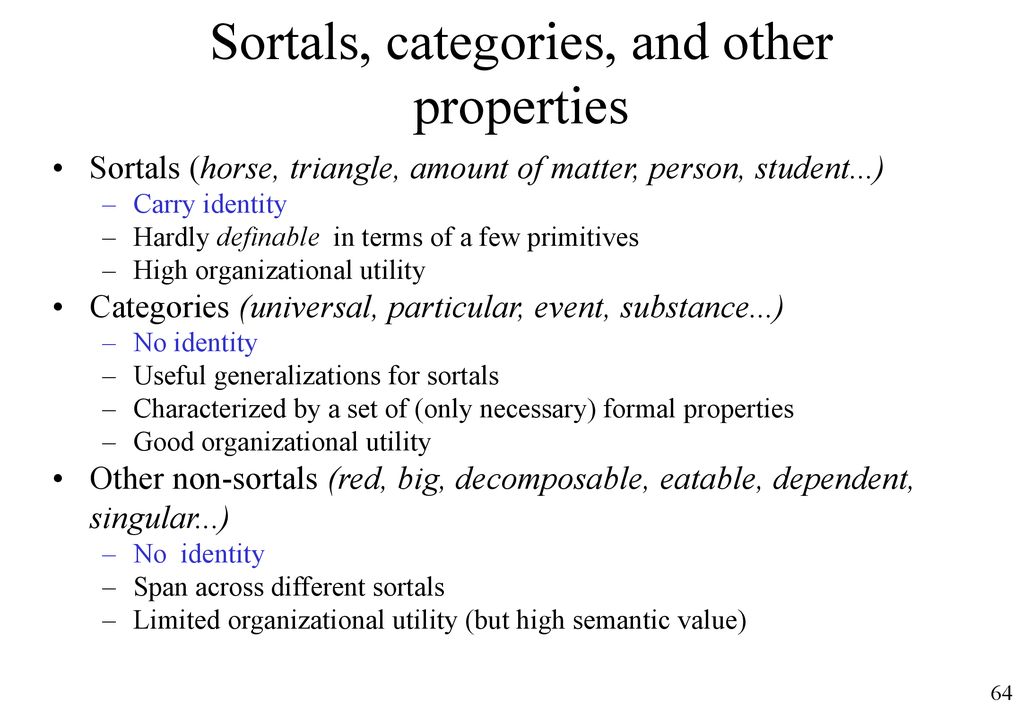The Dao De Jing, literally “The Classic of the Way and the Virtue,” is traditionally attributed to an author known only as Lao Zi, which means “Old Master.” It’s not known when exactly he lived (if at all), and likely the book has been compiled over time from different sources, rather than having been written by a single author. Read on to find out more about this fascinating classic of Eastern thought.
This article is part of a year-long series in which we examine six different philosophies of happiness and how they apply to today’s life. Find all the articles in this series here. Find all articles about hermits here.
The next part of this series on Daoism is here.
If you like reading about philosophy, here’s a free, weekly newsletter with articles just like this one: Send it to me!
The three Asian philosophies
There are three great, well-known Asian traditions of thought: Buddhism, Daoism and Confucianism. All three have influenced each other over the centuries and all three cross occasionally the borders between philosophy and religion. Buddhism is primarily perceived as a religion, Daoism has been seen as both, and Confucianism is mainly a philosophy of ethics, society and state, but has occasionally also been practised in quasi-religious ways (in Malaysia, for example, schoolchildren would pray to Confucius before they begin their schooling).
Of the three, Daoism has the greatest variety of beliefs and practices that range from ethical cultivation to dietary prescriptions and breathing exercises. Daoists are, in a sense, the most anarchic of the three groups. Where Confucians believe in the value of a well-ordered society, Daoists are suspicious of human attempts to impose order and would strive to gain inspiration from the freedom and inherent meaningfulness of natural processes. The best-known Daoist text, the Dao De Jing, is often explicitly anti-intellectual:
Read the full article which is published on Daily Philosophy (external link)







:max_bytes(150000):strip_icc()/free_rider_problem-final-34c067b9ecc9487ba84396342aefb6f1.jpg)